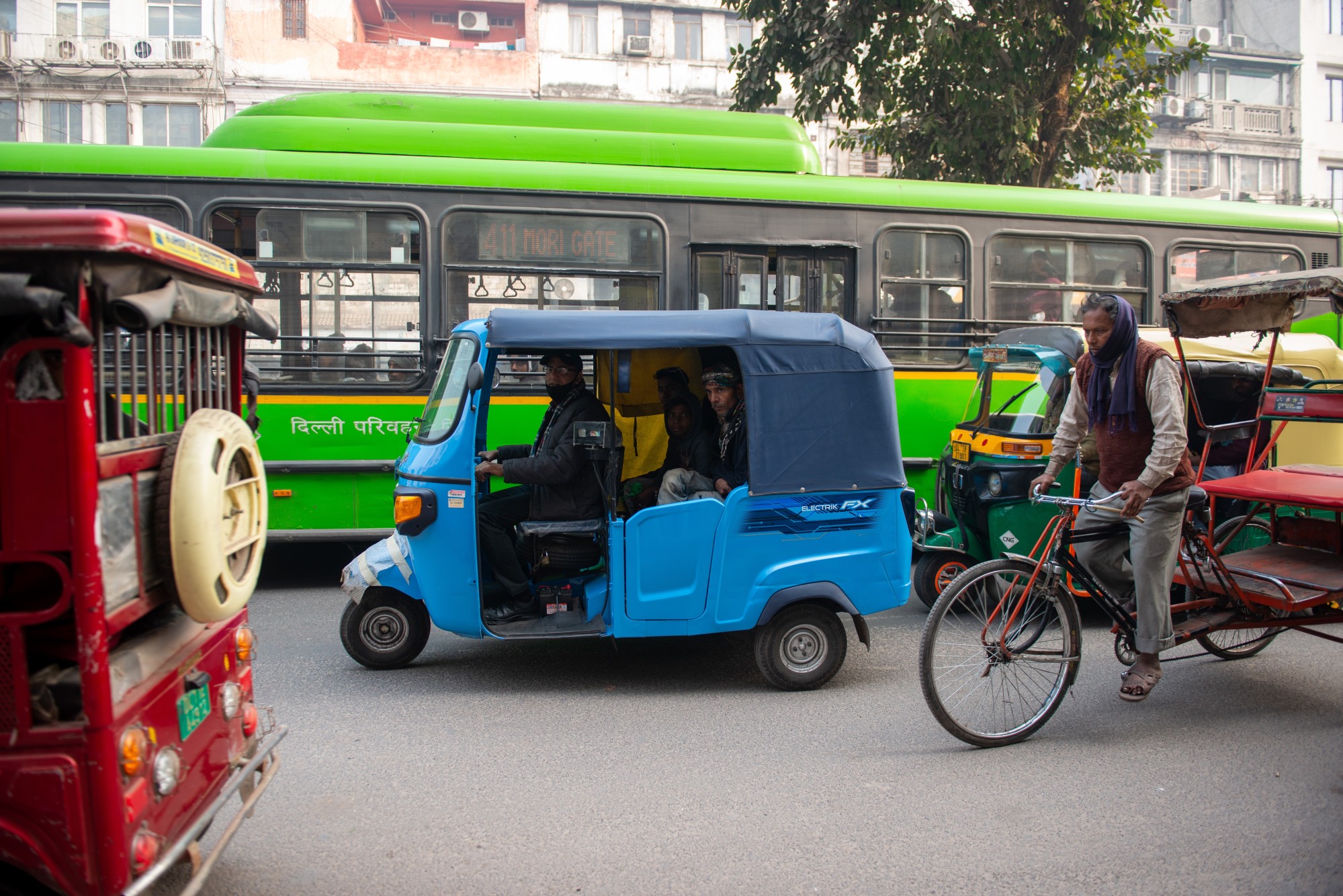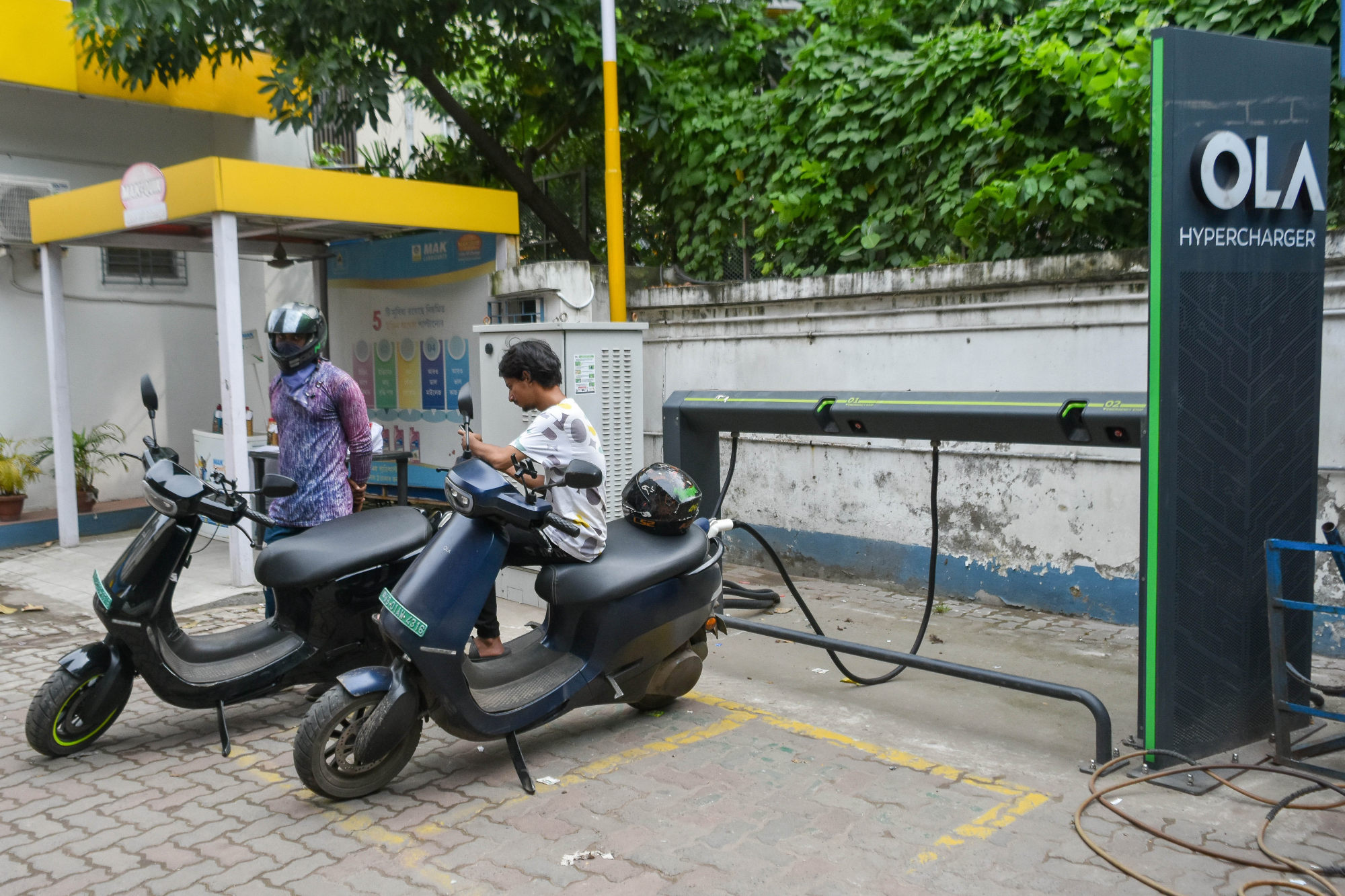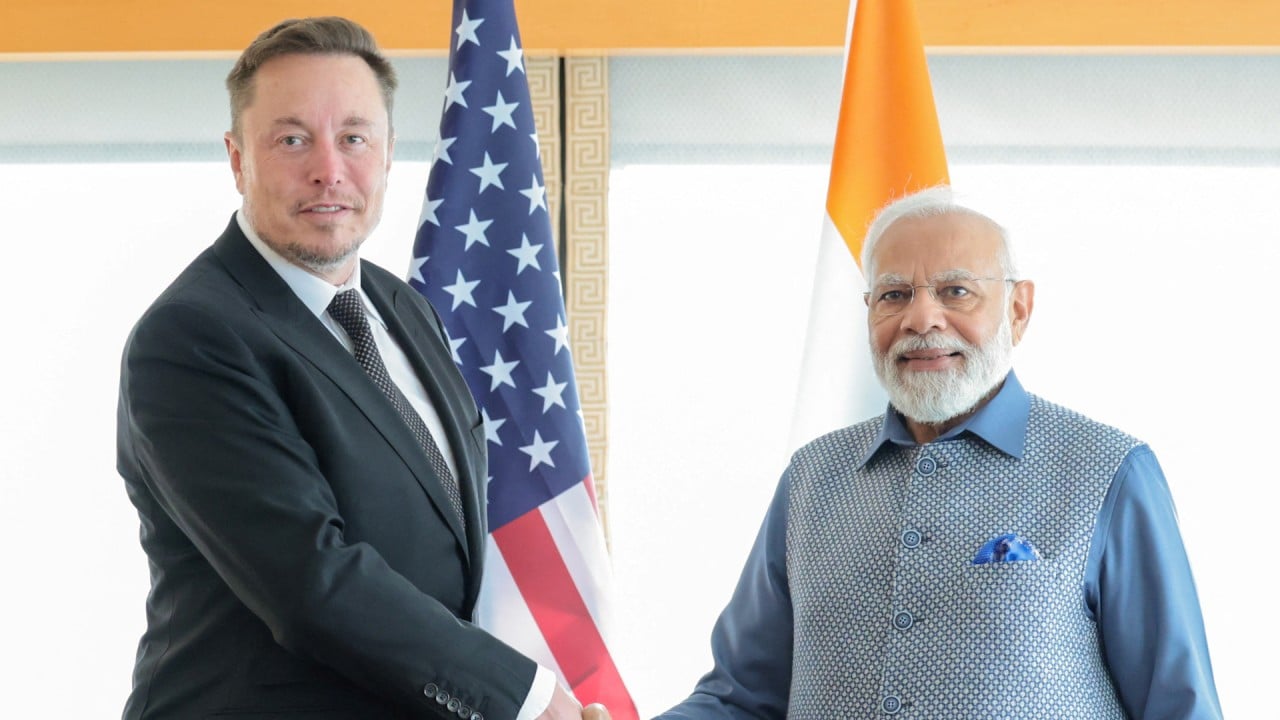Tesla faces long road to success in India even as New Delhi weighs tax cuts for EVs
[ad_1]

Puneet Gupta, director of mobility at S&P Global, said any tax cuts were likely to be staggered over three to five years, with the long-term aim of “inviting a few big players to establish a base”.
“India is trying to attract global players and Tesla is on their radar. If players like Tesla establish themselves in India, it will buoy the supply chains,” he said.
Other global firms were keen too, as the country became the third-largest car market last year, he added.
Electric cars accounted for just 1.3 per cent of India’s total car sales last year, according to Bloomberg NEF. The adoption of EVs has been held back by the high cost of cars, a dearth of models and lack of charging options.
The country’s EV landscape is dominated by two- and three-wheelers. Only around 47,000 units of electric cars were sold in the financial year ended March, but volumes are expected to double this year, according to industry estimates.

India has been trying hard to expand the niche electric vehicles industry and has introduced production-linked incentives in the last two years. They include financial sweeteners such as tax breaks, cheaper rentals and discounted electricity charges linked to volumes of production. However, the uptake of electric cars has been limited, compared to two- and three-wheelers which can navigate the country’s congested cities better and use battery packs that can be charged at home rather than charging stations.
The speed of adoption in two and three wheelers will remain much higher than four-wheelers, says Som Kapoor, an automotive consultant at Ernst and Young.
Fears of a shake-up
Lowering import duties will be vital to Tesla’s chances of success in the cost-conscious market, but the measure would likely face resistance from local manufacturers who think such a move would be unfair to those who have already invested in building supply chains in the country, according to industry executives.
India, however, is keen to attract reputed global players and is likely to set a high minimum price to import complete vehicles to ease concerns about a flood of imports, analysts say.

“We would probably have seen more Chinese EVs on Indian roads, but the border tensions are proving to be a bottleneck. That is why India seems to be taking a different route to develop its electric vehicle industry,” said an analyst, who asked not to be named due to the political sensitivity of the issue.
BYD’s pumping of the brakes might seem to give Tesla an open road to take the lead in India. But Suraj Ghosh, an independent auto analyst, said it was unlikely Musk’s company would shake up the industry since Tesla’s cheapest models would still cost around 5 million rupees (US$60,000) at concessional duty rates, far above the 1-1.5 million rupee price segment that accounts for a bulk of car sales in the Indian market.
However, it would still open the door to more people being able to afford their vehicles, enabling the company to test the market for designing products engineered for India, Ghosh added.
The trade buzz is that Tesla is already holding closed-door discussions with Indian officials about their plans to produce a US$24,000 model for the Indian market.
Lowering import taxes could facilitate the entry of other premium electric brands, boosting infrastructure development as well as its US$70 billion auto component sector, industry executives say.
Indonesia still keen to court Elon Musk, ‘not worried’ by Tesla’s Malaysia base
Indonesia still keen to court Elon Musk, ‘not worried’ by Tesla’s Malaysia base
“India’s auto components industry is world-class and would be happy to welcome any global major wishing to manufacture vehicles in the country,” said Vinnie Mehta, director general of Automotive Component Manufacturers Association of India.
Even if Tesla has trouble selling a sufficient number of cars in India, setting up operations there could allow it to increase its presence in other regional markets.
Krishna K Jasti, co-founder of EVRE, a firm that builds charging stations across India, said Tesla might “not hit the volumes they need for some time in” India, but argued the carmaker could ratchet up sales by establishing a manufacturing base and exporting to other nearby Southeast Asian countries to supplement their domestic market, a strategy that carmakers such as Hyundai used successfully in the past.
[ad_2]
Source link


